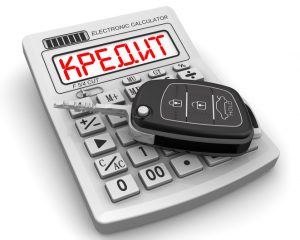 By Dave Hill, CAPP
By Dave Hill, CAPP
I have worked for a lot of people in my career—some pretty smart and some less so—but I have learned something from each of them. One of my bosses told me once, “You cannot manage what you cannot measure,” and that has stuck with me. When I began working in the parking industry, my main activity was putting out fires and just trying to keep my head above water. As I got better at that, I began to measure things—financial returns at first and then parking supply, demand, and use—to determine how my program might evolve and in which direction I should try and nudge it.
I discovered that you can tell quite a lot about a parking business environment based on how its parking stalls are used. Don Shoup did some excellent work reminding us that the supply, demand, and price relationship was alive and well and living on out the streets; if we are not charging the right price for a parking meter fee, we will have supply shortages and will not encourage development of alternative transport modes, thus stunting the growth of transportation programs in our cities. The solution to discovering the right price to charge lies in accurately measuring supply and demand on a representative day.
While counting parking spaces is pretty easy, counting vehicle utilization is not. In the past, capturing the full utilization profile of an urban area involved an army of temporary workers, reams of paper, and an endless stick-man counting method or transcription of license plate numbers against spaces. It was an expensive, laborious, and imprecise process municipalities could only afford to do every 10 years or so. With the advent of mobile license plate recognition (LPR) and counting technology, however, the time and cost commitment is much less, and the value equation is significantly improved. Cities that use mobile LPR for enforcement can easily tweak the system to record vehicle volumes and length of stay, which contribute to Big Data collections, management planning, and a host of other processes.
As we can now measure more quickly and economically, perhaps we can turn that benefit into better management.
Dave Hill, CAPP, is CEO of Clayton Hill Associates.
